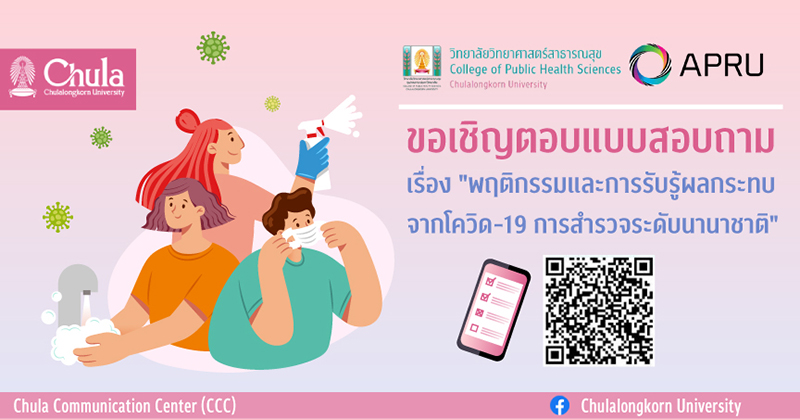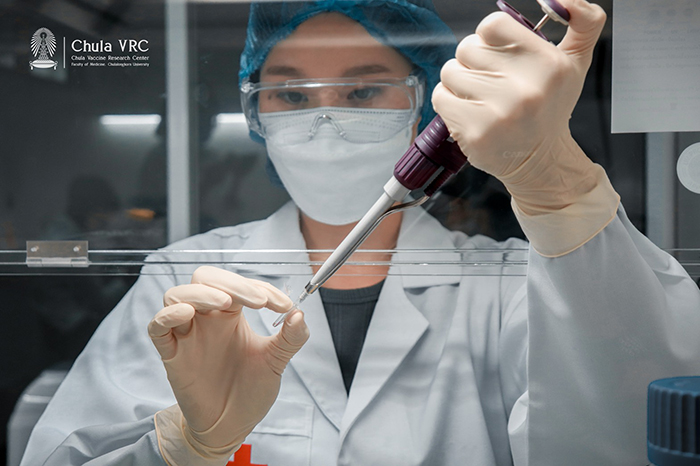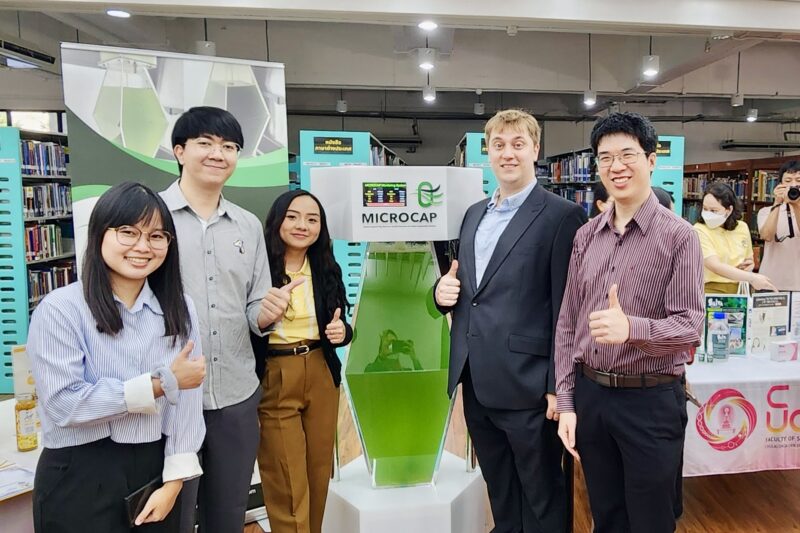Research by Dr Vorasuk Shoterelersuk is leading to new diagnosis and treatment tools to ease suffering
About 8% of people around the world are diagnosed with rare genetic diseases each year, according to the International Rare Diseases Research Consortium. The proportion is similar in Thailand, where as many as 5 million adults and children suffer from genetic diseases, the majority of them birth defects.
Some of the prevalent symptoms of genetic diseases include fragility and fractures, acidosis and alkalosis, delayed development, hearing and visual impairments, cleft palate and other physical deformities.
There’s no complete cure for genetic disorders. Patients can only be treated based on their symptoms. However, with the advancement of genetic research, timely diagnosis can help reduce the risk, increasing opportunities for treatment and mitigating the severity of diseases and mortality.
Standing at the forefront of the medical genetics field, Professor Dr Vorasuk Shoterelersuk, 48, the founder and director of the Center of Excellence for Medical Genomics at Chulalongkorn University, has dedicated more than 20 years to spearheading genetic study and research in Thailand. He has published more than 160 research works that have been internationally recognized. The latest achievement, a project titled “Molecular Pathology of Rare Genetic Diseases in Children”, won the prestigious Newton Prize in the United Kingdom.
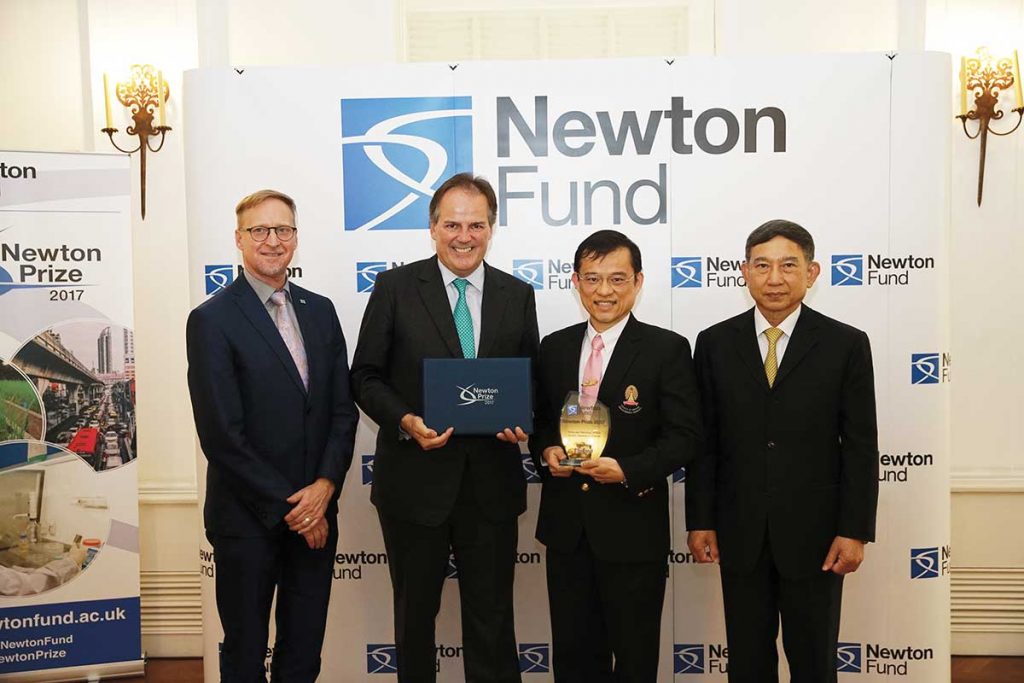
“This is the research that I feel most proud of,” says Prof Dr Vorasuk. “The findings of this study have created a new body of knowledge for the world, particularly in terms of basic knowledge of genetic disease diagnosis for commonly found birth disorders in Thailand such as cleft lip and palate, frontoethmoidal encephalomeningocele and Down syndrome.”
The benefits of his research and the work of the genetics center have contributed significantly to the alleviation of suffering of patients and their families. At the same time, they help reduce the financial burden of medical care on the public health service.
For instance, his study on genetic mechanisms of hereditary diseases has led to new knowledge about preventive measures related to folic acid intake during pregnancy to reduce the risk of birth defects and child mortality.
A medical geneticist by profession, Prof Dr Vorasuk interestingly relates his belief in Buddhist teachings to the process of research. “I have adopted the Four Noble Truths in the execution of this research,” he says with a smile. The Four Noble Truths contain the essence of Lord Buddha’s teaching: suffering, the cause of suffering, cessation of suffering, and the path to cessation of suffering.
Citing an ongoing research project on bone fragility and fractures, Prof Dr Vorasuk explains: “Disease is suffering, for which we have to find the cause. In this case, genetic mutation is the cause of suffering. Then the researcher must further explore what is the cause of the genetic mutation, its process and mechanism to understand the basic facts in order to come up with ways to resolve the problem and find a path to end the suffering respectively.”
As a result of hard work and dedication, he discovered, for the first time in the world, that a recessive gene transferred in the X chromosome causes bone fragility and fractures. A complete cure through gene editing has not yet been achieved, but he hopes the knowledge of the findings will lead to a treatment and preventive measures.
As the old saying goes, the path to success is not a bed of roses. It took hard work and determination to create a foundation for medical genetics and the center in order to produce the results being seen in Thailand today.
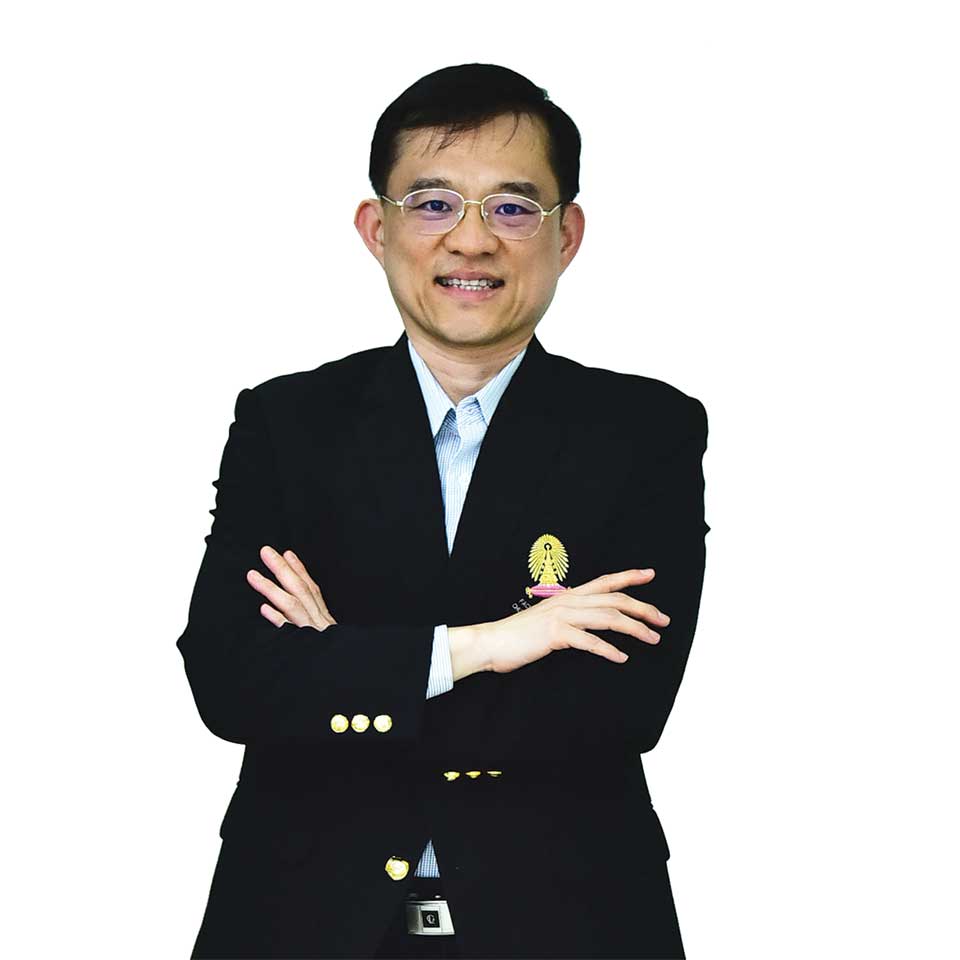
After graduating from the National Human Genome Research Institute in the Bethesda, Maryland, Prof Dr Vorasuk returned to work at Chulalongkorn Hospital as a lecturer in the Pediatrics Department of the Faculty of Medicine.
“Twenty years ago, medical genetics was not available as a field of study in Chulalongkorn University,” he says. “It was not a well-known subject in Thailand either. Therefore it was a challenge for me to continue my studies in this field. But later, I found the subject is very intriguing and there is so much to learn.”
Today, medical genetics is more widely recognized academically and professionally. A genetic specialist center was established at Chulalongkorn University in 1999, many medical schools now offer medical genetics as a study discipline, and hospitals, clinics and professional associations acknowledge it as a branch of medical practice. This has culminated in the establishment of the Centre of Excellence for Medical Genomics at the university.
“There’s never a finish line for researchers. Our studies are a continuing process to discover and apply the findings to achieve maximum benefits. What’s important is to build a team of successors to pass on the baton,” says Prof Dr Vorasuk.
“Therefore our goal is to do our best and build a team to ensure that once we’re gone, someone will continue to further develop the knowledge.”
This article was originally published in CU Around August 2018, Vol.61, Issue 8, Page 6-7, available at https://www.chula.ac.th/magazine/11584/
Others


